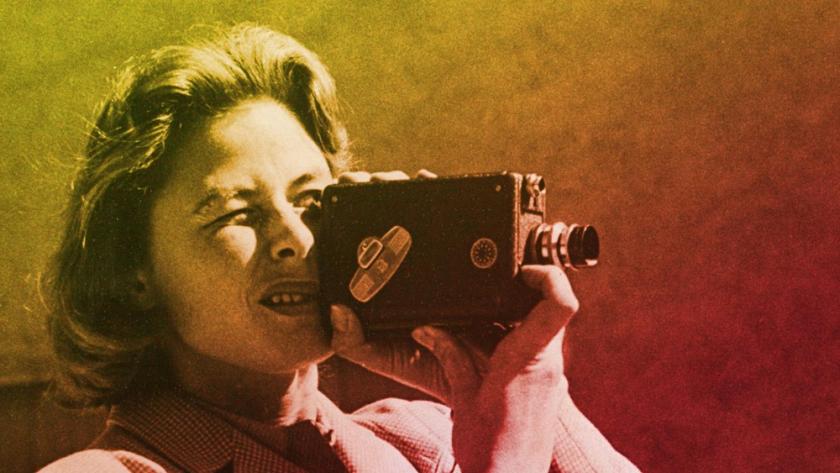Ever nursed an immoderate fondness for Ingrid Bergman? In Her Own Words, a bio-documentary released in the cinema then on DVD in 2016 and shown last night on BBC One as part of the Imagine... strand, was an entrancing, melancholy memoir in letters, diaries and above all personal footage. Director Stig Björkman earned the trust of Bergman's four children, who submit candid recollections.
Bergman was a home movie obsessive, having inherited the hobby from her father. "Papa filmed me. Now I film the world," she wrote. It prepared her for the relentless gaze of the lens, even when aimed at her by paparazzi. However often she pointed her camera at her surroundings, and it's posterity's good fortune that there's plenty of footage with her in front of it too – on her hols in Nazi Germany, arriving starry-eyed in Hollywood, larking about in the many places she would call home.
The picture that emerges is of an emotional nomad with a fragile gift for joy, embodied in a smile that could bring down the walls of Jericho. Its astonishing power was glimpsed here in her first ever Hollywood screen test. But alongside were the shadows, resonantly captured in Alicia Vikander's Swedish reading of correspondence that came across as Bergman performing open-heart surgery on herself. A yearning soundtrack from Michael Nyman and Eva Dahlgren added to the atmosphere of nostalgic tristesse.
Thanks to Bergman's itinerant career the film was also a world history of cinema, from Casablanca via Hitchcock and Rossellini to her namesake Ingmar. There was no attempt to explain why she left her (apparently undamaged) children wanting so much more of her beyond her passion for work and for men who weren't their fathers. It was not quite suggested that the death of her mother when she was two and her father when she was 15 habituated her to the idea that children can get by without parents. Their loss was cinema's gain, of which this beautiful homage was the last in the line.













Add comment